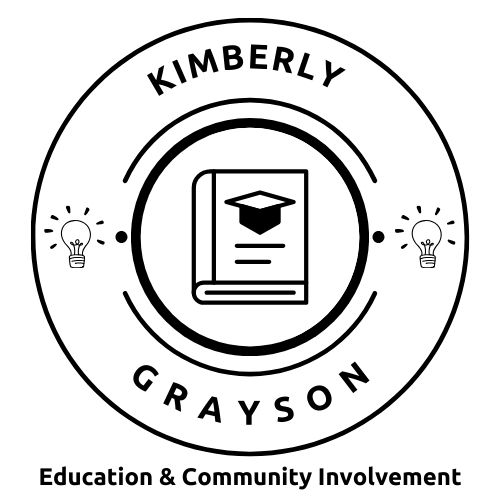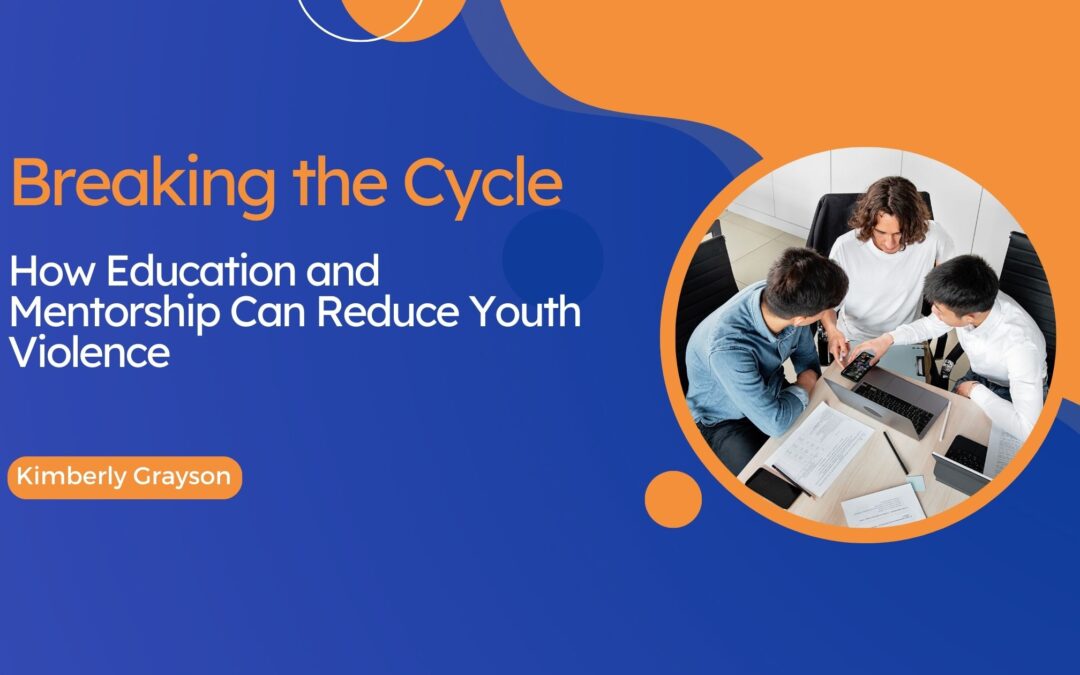Youth violence is a pervasive issue that plagues communities worldwide, with detrimental effects on individuals, families, and society as a whole. However, amidst the challenges, there is hope in the transformative power of education and mentorship. By providing young people with access to quality education and positive mentorship, we can break the cycle of violence and empower them to lead fulfilling and productive lives.
The Importance of Education
Education is widely recognized as a powerful tool for social and economic empowerment. Beyond academic knowledge, education equips young people with critical thinking skills, problem-solving abilities, and opportunities for personal growth. Investing in education provides young individuals with the tools they need to navigate life’s challenges and make informed decisions. Moreover, education fosters a sense of belonging and community, reducing feelings of isolation and alienation that may contribute to violent behavior.
Addressing Root Causes of Youth Violence
Education plays a pivotal role in addressing the root causes of youth violence. By promoting social and emotional learning, schools can help young people develop empathy, resilience, and conflict resolution skills essential for preventing violence. Additionally, schools can provide a supportive environment where students feel safe and valued, reducing the likelihood of engaging in risky or harmful behaviors. Furthermore, education empowers young individuals to challenge societal norms and advocate for positive change within their communities.
The Impact of Mentorship
Mentorship is another invaluable resource for reducing youth violence. Positive adult role models can guide, support, and encourage young people facing adversity. By sharing their experiences, mentors offer valuable insights and perspectives that help young individuals navigate challenges and make positive choices. Moreover, mentorship relationships provide a sense of belonging and connection, reducing feelings of loneliness and isolation that may contribute to violent behavior.
Building Resilience
Education and mentorship work together to build resilience in young people, empowering them to overcome adversity and thrive despite challenging circumstances. Providing academic support, social-emotional learning opportunities, and positive relationships, these interventions help young individuals develop the skills and confidence to resist negative influences and make positive life choices. Education and mentorship also instil hope and possibility, inspiring young people to envision brighter futures for themselves and their communities.
Case Studies and Success Stories
Numerous case studies and success stories illustrate the transformative impact of education and mentorship on reducing youth violence. From mentoring programs that support at-risk youth to school-based initiatives that promote conflict resolution skills, these interventions have been shown to improve academic outcomes, reduce disciplinary incidents, and foster positive relationships among young individuals. Moreover, long-term studies demonstrate that investments in education and mentorship yield significant returns in terms of reduced crime rates, improved community safety, and enhanced social cohesion.
Conclusion
In conclusion, education and mentorship are potent tools for breaking the cycle of youth violence. By providing young people with access to quality education, social-emotional learning opportunities, and positive adult role models, we can empower them to make positive choices and build brighter futures. Moreover, education and mentorship investments benefit individuals and contribute to safer, more resilient communities for all. As we work together to support young people on their journeys to success, we must prioritize education and mentorship as essential components of violence prevention efforts.

